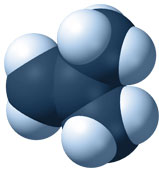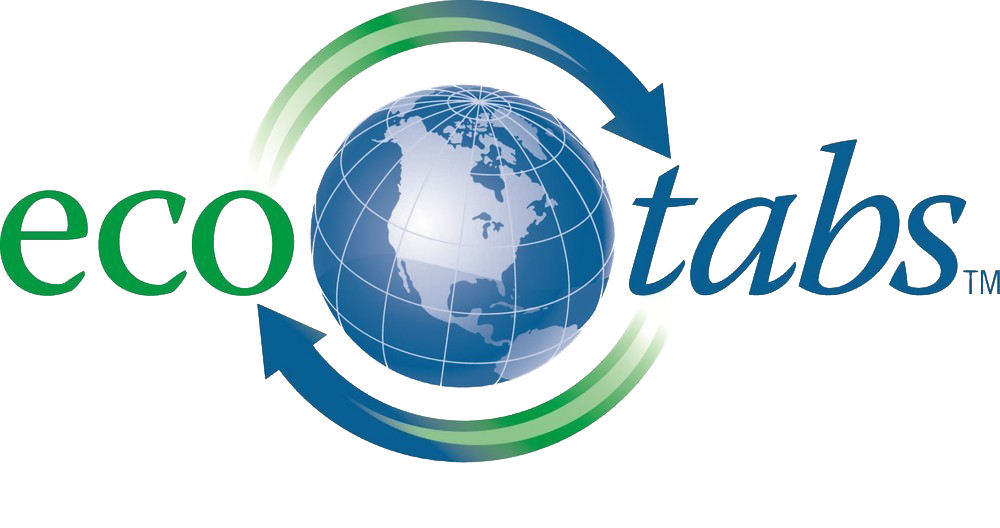Hydrocarbon remidiation – (Eco-H)
Hydrocarbon Remediation
(Eco-H)
Benefits:
- Rapidly degrades all major components of gasoline, diesel, #4, #5, & #6 fuel oils.
- Reduces environmental damage.
- The robust ambient working range is between 0-60o C.
- The microbes a have an optimal working range of pH 6.0 to 9.0.
- Non-toxic.
- Non-corrosive.
- Safe to handle and store when used as directed.

Description
Features:
Rapidly degrades all major components of gasoline, diesel, #4, #5, & #6 fuel oils. Also degrades phthalates, ketones, various solvents, sulfur-containing compounds, alcohols, chlorinated hydrocarbons, amines, and other complex organic compounds found in refineries and chemical plant wastewater, which are toxic to naturally occurring bacteria.
Reduces further environmental damage by degrading the contaminant plume.
Cultures can tolerate petroleum concentrations inhibitory to many indigenous populations.
Can tolerate up to 20 ppm concentration of heavy metals, without the need for bench testing.
The robust ambient working range is between 0-60o C (with 25-35o C being the optimum). Higher or lower temperatures will reduce effectiveness. If ambient average temperature is above or below the robust effective range, increase dose by 25%.
The microbes a have an optimal working range of pH 6.0 to 9.0, but will degrade hydrocarbons at lower and higher pH, though at a slower rate.
Non-toxic, non-corrosive, safe to handle and store when used as directed.
